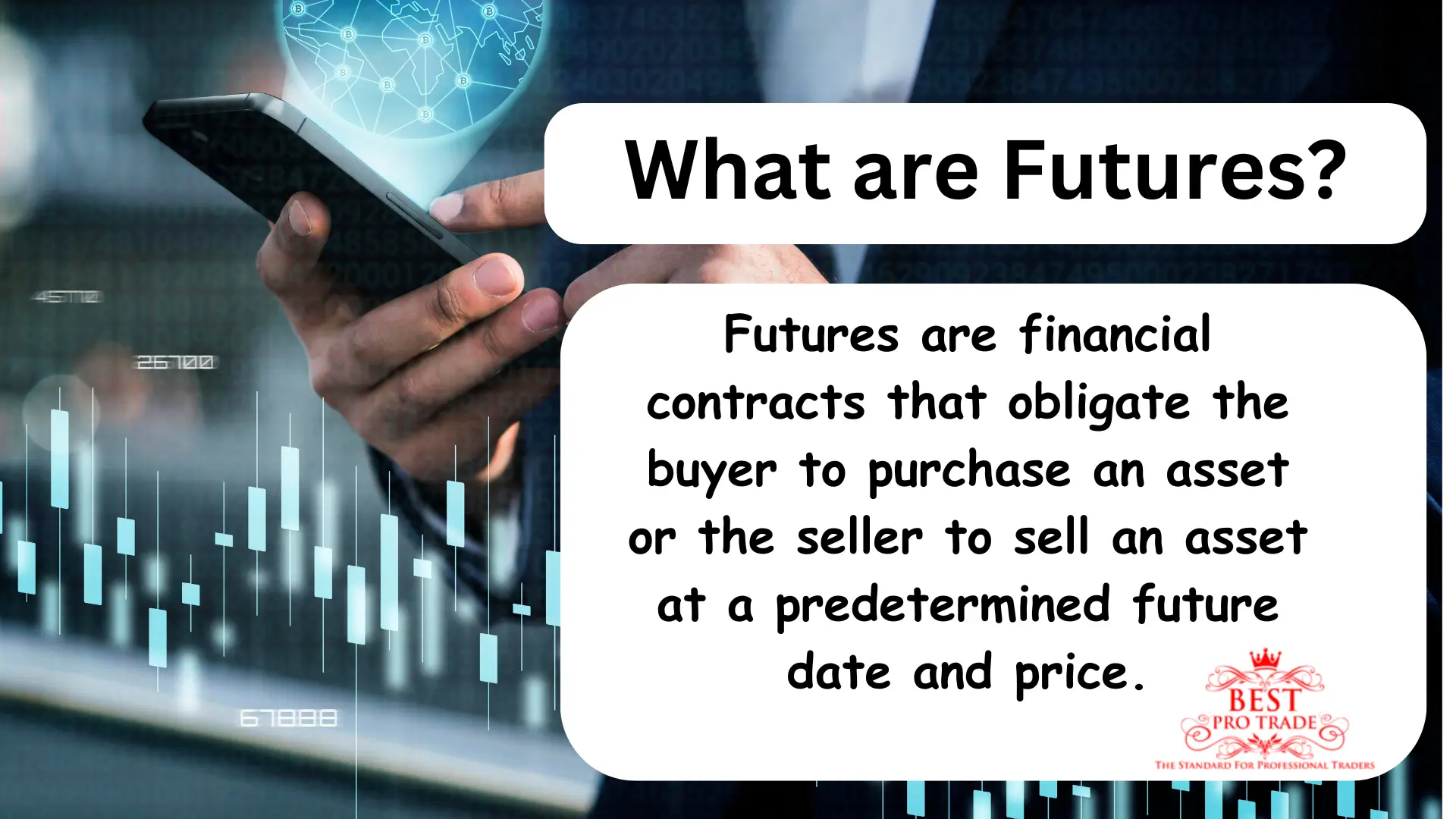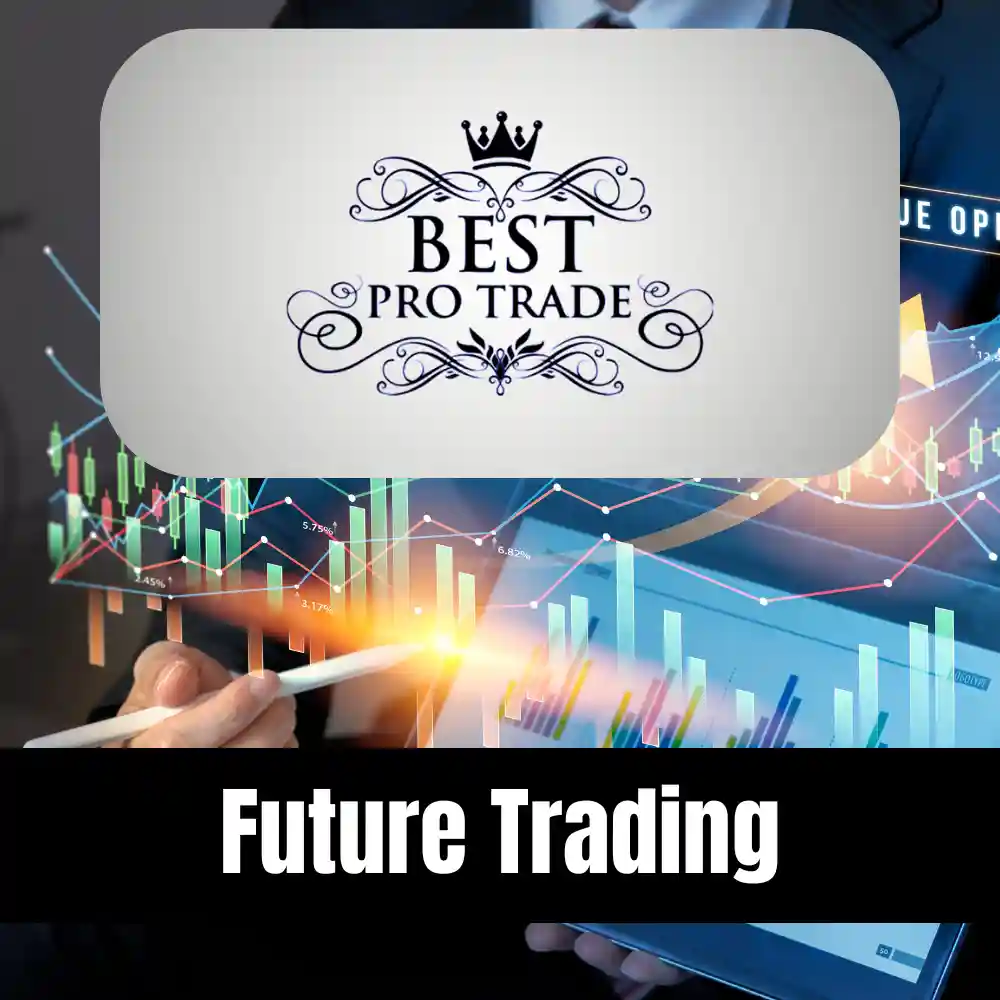As the digital era continues to evolve, more online-based industries are looking for digital-based entities to invest in and grow. Industries are looking to invest in profitable markets. The stock exchange market is one industry with most of its processes and operations done online. The trading of contracts on the stock exchange market can be called futures trading.
Like many other commercial/financial-based sectors, it takes more than just instincts and predictions to get by. You can predict the stock exchange market, and sometimes you cannot. Profits can turn into losses in seconds, and investments can go dead in the blink of an eye. That is why experts are looking into the stock exchange market, and studying it, to keep up with the rising trends.
What are Futures?
Futures are the basis of the stock exchange market. They are the valuables that are exchanged in the form of future contracts. While they are referred to as commodities, modern future trading encompasses a lot more than it used to be. Decades back to this current age, commodities like soybeans and other physical entities dominated the trading era. As the digital age comes into view, other forms have been introduced, most of which are not regular physical items.
Now you can also trade monetary entities like treasury bills, stock, and cryptocurrencies. These new futures are speedily taking over the market. However, there is no assurance that they can take over the big giants of the future market.

The Mechanics of Futures Trading
Futures trading involves several key components:
- Contract Specifications: Each futures contract outlines the asset, quantity, price, and delivery date, ensuring clarity and standardization.
- Market Participants: Traders, hedgers, and speculators actively engage in futures markets, contributing to liquidity and price discovery.
- Margin Requirements: To enter into a futures contract, traders must deposit a margin, which serves as collateral and mitigates potential losses.
- Price Fluctuations: Futures prices fluctuate based on supply and demand dynamics, economic indicators, geopolitical events, and market sentiment.
- Settlement: Futures contracts can be settled through physical delivery of the underlying asset or cash settlement, depending on the contract specifications.
Differences Between Futures Trading And Stock Trading
While many seem to mistake them for each other, they are actually very different. Future trading involves the demand and supply of commodities via future contracts. Stock trading on the other hand involves the buying and selling of shares associated with a particular company.
Benefits Of Investing In Future Trading With Best Futures Auto Trading Robot
Companies, industries, and organizations prefer buying commodities in the form of future contracts for future markets. This is because it not only helps them escape market volatility but is a better source compared to other markets. The futures market is a fluctuating market that changes trends, demand, supply, and investment bodies in moments.
- Risk Management: Hedgers use futures contracts to mitigate price risk associated with commodities, currencies, interest rates, and stock indices.
- Leverage: Futures trading allows investors to control larger positions with a smaller initial investment, amplifying potential returns (and risks).
- Price Discovery: Futures markets provide valuable insights into future price trends, aiding in informed decision-making.
- Diversification: Including futures in a portfolio can enhance diversification, spreading risk across different asset classes.
- Speculative Opportunities: Traders leverage futures to capitalize on short-term price movements, aiming for profits based on market trends.
While there is the probability of losing a lot of money there are even higher chances of a high turnover. Depending on your expertise and your level of experience. Many activities in the future market have nothing to do with the commodity but preferably with the fluctuating price.
Automated Trading System Investor/Hedger, Experience Matters
In the future market, there are majorly two classes of people: the hedgers and the investors.
The hedgers are the real traders who need the commodities and take advantage of the rise and fall of prices to obtain favorable future contracts
There also are the investors who make up a large part of the future market. They are mostly expert traders with experience in how to target commodities turnout. Their only interest lies in the unstable market prices. Thus, they take advantage of such changes to invest small amounts and yield a high turnover.
Key Considerations for Futures Traders
- Risk Management Strategies: Implementing stop-loss orders, hedging strategies, and diversification techniques can help manage risk exposure.
- Market Analysis: Conducting thorough technical and fundamental analysis assists in identifying potential trading opportunities.
- Regulatory Compliance: Futures traders must adhere to regulatory requirements, and understand margin rules, position limits, and reporting obligations.
- Continuous Learning: Staying updated with market trends, economic indicators, and geopolitical events is essential for informed decision-making.
- Psychological Discipline: Maintaining emotional discipline and adhering to trading plans are crucial for long-term success in futures trading.
Future Trading Is Not A Bed of Roses
If you happen to be a beginner, the chances are that you will learn this the hard way. Knowledge and experience count as much as time in the future market. It would be best if you educated yourself on the rise and fall of the future market, built your predictions, and tested your strategies. You can also fine-tune your trading with demo and virtual accounts and gain enough experience to stand as your backbone when you start trading.
12Tradepro Future Trading
It is certainly not for everyone, and of course, not everyone makes the turnover they expect. The clean-cut line between success and bankruptcy is knowledge, experience, and testing. You are getting enough knowledge about the future trading market before indulging is an excellent way to secure your trading future.

